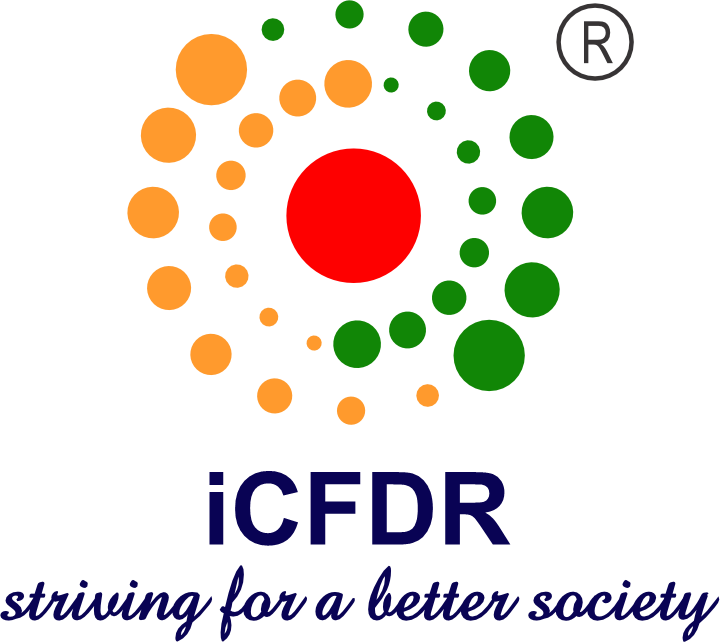The critical role that women play in influencing the future cannot be overlooked in the goal of societal advancement and well-being. In addition to being morally required, empowering women in relation to health and child care is a crucial first step in creating communities that are resilient. This essay examines the various facets of enabling women to take care of their health and children, emphasizing the connection between these two vital components.
- Maternal Health:
The foundation of women’s well-being is their maternal health, which has a direct effect on their capacity to nurture and raise healthy children. Maternal mortality rates are decreased and general health is improved when women have access to high-quality care during their pregnancies. Globally, governments and organizations are realizing how crucial it is to fund maternal health initiatives, offer basic services, and encourage family planning education.
- Reproductive Rights:
Ensuring women’s reproductive rights is a crucial aspect of empowering them. Women’s autonomy over their bodies and life is enhanced by their access to safe abortion services, family planning information, and contraceptives. Through enabling women to make knowledgeable decisions regarding their reproductive health, communities may end the poverty cycle and enhance the general well-being of women and their families.
- Education and Awareness:
Learning is a powerful tool for empowering women. Programs that teach women about nutrition, child care, and general health are very beneficial to healthy communities. When women have access to comprehensive sex education, hygiene practices knowledge, and information on preventative healthcare measures, they are better able to make decisions about their own and their children’s health.
- Access to Healthcare:
Strengthening women’s health and child care requires ensuring that healthcare services are widely accessible. This includes maternal and reproductive health services as well as traditional healthcare facilities. The general health of women and children is significantly improved by improving the healthcare system, especially in rural areas, and by providing affordable healthcare options.
- Economic Empowerment:
There is a close connection between women’s health and child care and economic empowerment. Women who are economically empowered are better able to support their families, notably by making investments in their children’s education and healthcare. Initiatives that support women’s financial literacy, skill development, and entrepreneurship help break the cycle of poverty and build stronger, healthier communities.
- Child Nutrition and Development:
Making sure that young children receive a healthy diet and growth is another aspect of empowering women in child care. Important elements include immunization programs, early childhood education, and access to wholesome food. Societies may break the cycle of poverty and enhance the general well-being of their communities by investing in these areas and providing children with a solid foundation for success in the future.




